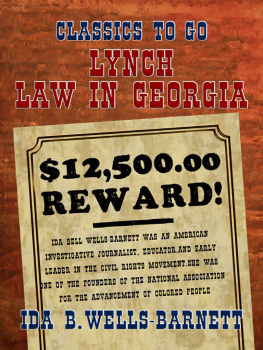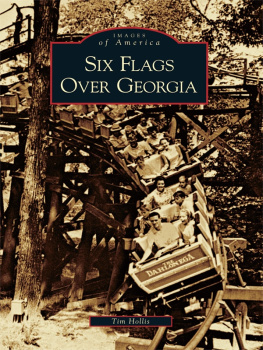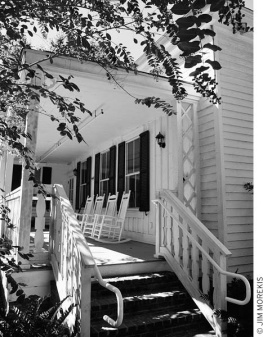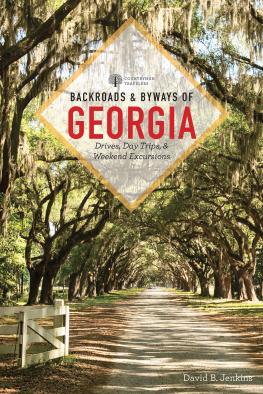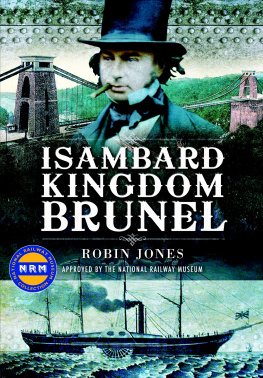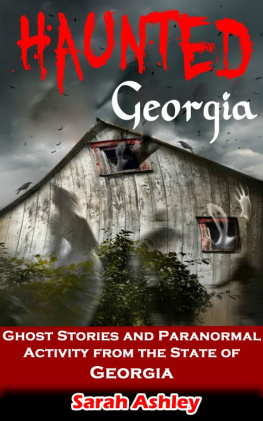First published in 2004 by
Kegan Paul International
This edition first published in 2010 by
Routledge
2 Park Square, Milton Park, Abingdon, Oxon, OX14 4RN
Simultaneously published in the USA and Canada
by Routledge
270 Madison Avenue, New York, NY 10016
Routledge is an imprint of the Taylor & Francis Group, an informa business
Kegan Paul, 2004
Transferred to Digital Printing 2010
All rights reserved. No part of this book may be reprinted or reproduced or utilised in any form or by any electronic, mechanical, or other means, now known or hereafter invented, including photocopying and recording, or in any information storage or retrieval system, without permission in writing from the publishers.
British Library Cataloguing in Publication Data
A catalogue record for this book is available from the British Library
ISBN 10: 0-7103-1058-7 (hbk)
ISBN 13: 978-0-7103-1058-3 (hbk)
Publishers Note
The publisher has gone to great lengths to ensure the quality of this reprint but points out that some imperfections in the original copies may be apparent. The publisher has made every effort to contact original copyright holders and would welcome correspondence from those they have been unable to trace.
PREFACE.
_______
THERE were four of ustwo Frenchmen, an Italian, and an Englishman. We had ridden from Damascus to Baalbek, and had seen the ruins; after dinner, we were lying on heaps of cushions on the floor, in a hostelry little known to Europeans. For some minutes the bubbling of our narghils was the only sound that broke the stillness of the night. Then the ex-cuirassier spoke out in a strong voicethe voice of a man accustomed to commandGentlemen! I propose that we solemnly pass a vote of censure on the late M. de Lamartine. Bravo ! was our unanimous cry ; and the vote was carried, nemine contradicente. A rider was added, to the effect that poets should be discouraged from writing books of travel.
Surely a strange proceeding ! says the reader. Let me explain. We had been shut up in Damascus for a long time by heavy snow-storms which blocked the roads ; the most interesting book we had was Lamartines Voyage en Orient, and we had read the long description of Baalbek over and over again, until we almost knew it by heart. Need I say that the reality disappointed us ? If we had never read Lamartines book, we should have been delighted with the place; but having read it, we wanted the poets eyes in order to see the temples as he saw them.
But what has all this to do with Georgia? Simply this : the following pages are not written by a poet, and, gentle sir, if you ever pass a vote of censure on the writer of them, it will not be for the reason that he has painted things and places in a rose-coloured atmosphere.
In publishing these notes I have had but one objectto excite the curiosity of my fellow-countrymen ; the means of gratifying this curiosity are indicated in the bibliographical section. Georgia is practically unknown to the British public; well-educated people know that the country is famous for its beautiful women, but they are not very sure whether those charming creatures live under Persian, Turkish, or Russian rule, while not one person in a thousand knows that the Georgians and Circassians are distinct peoples.
If you suggest that Transcaucasia is a good place for a holiday, you meet with a look of blank astonishmentit is just as if you had said the Sooloo Islands, or Vladivostok. When you explain that Georgia is now a part of the Russian Empire, you hear stereotyped remarks about police and passports. The intending visitor need have no anxiety on this score ; even in Moscow a foreigner is seldom or never put to any inconvenience, in the Caucasus he almost forgets that he has such a thing as a passport.
There is no reason why Georgia should not become as popular a resort as Norway or Switzerland. It is not so far away as people imagineyou can go from London to Tiflis, overland, in a week ; it is at least as beautiful as either of the countries just named ; it has the great advantage of being almost unknown to tourists; there is none of the impudent extortion which ruffles our tempers nearer home, and it is, after all, a cheaper place to travel in than Scotland. All these circumstances ought to have an influence on the holiday-maker in search of health and recreation.
The botanist, the geologist, the archologist, the philologist will all find there mines of rich materials yet unknown to their respective sciences. The mountaineer knows the country already, through Mr. Freshfields excellent book ; the sportsman knows it too, thanks to Mr. Wolley. Artists will get there a new field for the brush, the pencil, and the camera. But, after all, Georgias chief attraction lies in its people ; the Georgians are not only fair to look upon, but they are essentially a lovable people ; it is a true proverb that says, The Armenians soul is in his head, the Georgians in his eyes : to live among such gay, open-hearted, open-handed, honest, innocent folk is the best cure for melancholy and misanthropy that could well be imagined.
The language will occur to most people as a difficulty. Either Russian or Georgian carries the traveller from the Black Sea to the Caspian, even Turkish is pretty well known ; in the larger towns one can always find hotels where French or German is understood, and where interpreters can be hired. Those who have travelled know that a very slight knowledge of a language is sufficient for all practical purposes, and such a knowledge of Georgian could be picked up in a week or so ; Russian is more difficult, both in grammar and pronunciation. It may be a consolation to some, to know that a lady, Mme. Carla Serena, who travelled alone, and spent a long time in the wildest part of the Caucasus, could not speak a dozen words of Russian or Georgian.
Let me clearly repeat what I said in the first paragraphs of this preface : in the following plain, matter-of-fact record of travel my aim has not been to give immediate pleasure, but rather to show how and where pleasure may be obtained. Autumn is the best season for a visit, and spring is the next best time.
My hearty thanks are due to Mr. W. R. Morfill, for his kindness in reading through the chapters on the history and literature of Georgia.
O.W.
Oxford, September, 1888.
NOTE.
IN transcribing proper names I have tried to preserve the original orthography as far as possible.






